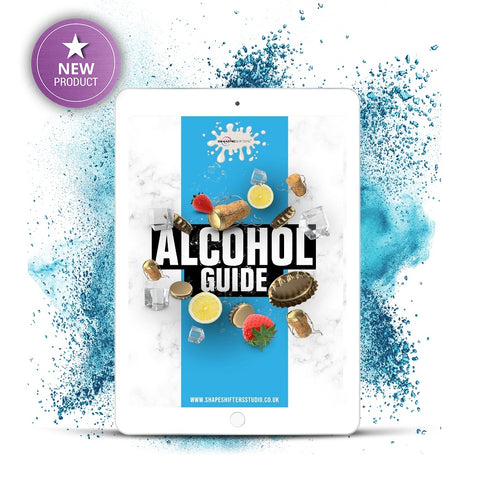At least a third of the world’s population consumes alcohol regularly. The subject of alcohol is surrounded by controversy and confusion. Headlines hail the benefits of a daily glass of wine one day; yet the next, doom and gloom abounds for anyone who dares to touch a single drop.
No one actually knows whether drinking any amount of alcohol is actually good for us. Certain types of drinks we know come with some health benefits but these are limited (at best!)
Too much alcohol is categorically harmful and can significantly impact recovery in any training population. It’s recommended by the NHS to drink no more than 14 units of alcohol a week, spread across 3 days or more. That’s around 6 medium (175ml) glasses of wine, or 6 pints of 4% beer.
There’s no completely safe level of drinking but sticking within these guidelines lowers your risk of harming your health. Weekends, times with friends and holidays are times where we enjoy alcohol. If we want to offset any weight gain, adding alcohol to the equation makes this a tough one to balance. Which means we need to be realistic about the nutrition you need to recover.
That’s where this guide comes in. Having a social life when dieting is something that many find hard to do but it doesn’t mean you need to completely omit all social occasions.
- Calories in alcohol
- Know your typical portions
- Making a plan around your intake
- Which alcohol has the least toxins?
- General health-focused tips on alcohol intake
- How does it work for people on low-carb diets
- Nutritional assistance For mitigating hangovers
- Units and understanding how alcoholic units work
- Food equivalents and what that equates to in movement






